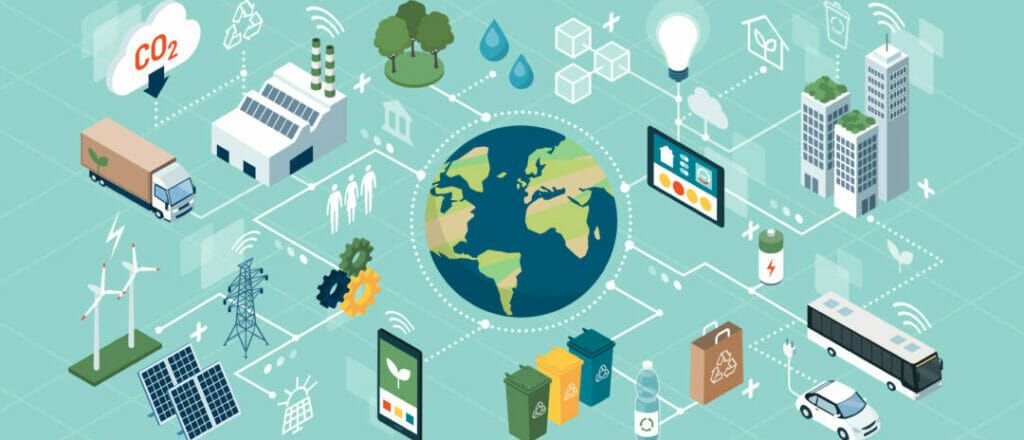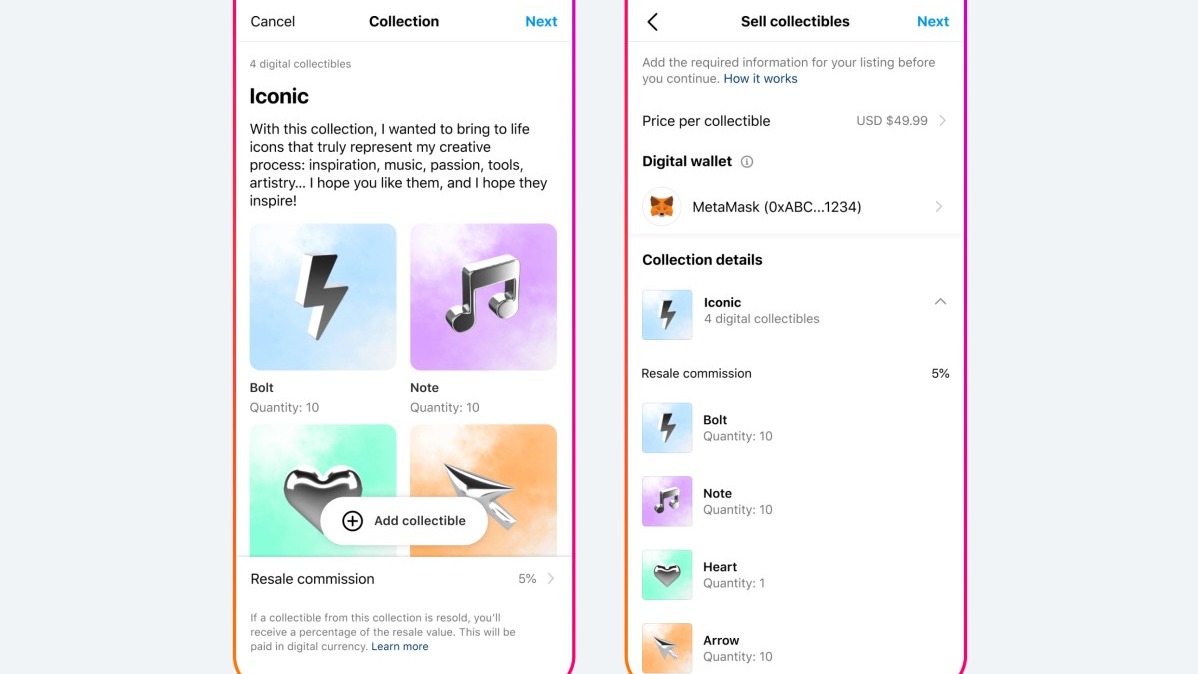Solar panel and battery storage developer Ortus Energy has announced the completion of its first phase of a fully funded Power Purchase Agreement (PPA) for the electrical engineering organisation GE Power Conversion (GE).
PPAs are longer-term deals that fix a set rate directly from the energy source. Ortus said its system has contributed towards GE’s corporate commitment to sustainability.
GE’s marine power test facility is now equipped with a 400kWp roof-top system of 962 panels that will save around 70 tonnes of CO2 annually and generate an estimated 315,000 kWhs of clean energy per year to help run the facility, said the company.
Alistair Booth, managing director of Ortus Energy, said: “We’re delighted to help GE improve their environmental profile, ESG commitments and carbon footprint, as well as locking-in a sizeable portion of their energy price for 25 years, at no upfront cost.”
Phase two of the initiative will commence in early 2023 at GE Power Conversion’s systems and manufacturing facility in Rugby, and reportedly has the potential to be nearly five times the size at 1.8MW output.
“The system upgrade has been conceived and integrated in such a way that all sources of energy, from fuel to grid supply, can be optimised for efficiency, carbon reduction and operating cost,” said Peter Oram, sales and commercial director at GE Power Conversion UK. “It’s important for this advanced marine power test facility and the customers that rely on it, providing a full-scale demonstration of future, greener maritime technologies and their deployment within a micro grid.”
Latest News
-
OpenAI seals Pentagon AI deal with safety guardrails hours after Anthropic ban
-
Anthropic refuses Pentagon demand to strip AI safeguards from Claude
-
Skyscanner rolls out app on ChatGPT
-
AI disruption risk varies between platform and service-based firms, says new report
-
UK government to bolster public sector with cyber talent investment
-
Citi creates AI infrastructure banking team
The future-ready CFO: Driving strategic growth and innovation
This National Technology News webinar sponsored by Sage will explore how CFOs can leverage their unique blend of financial acumen, technological savvy, and strategic mindset to foster cross-functional collaboration and shape overall company direction. Attendees will gain insights into breaking down operational silos, aligning goals across departments like IT, operations, HR, and marketing, and utilising technology to enable real-time data sharing and visibility.
The corporate roadmap to payment excellence: Keeping pace with emerging trends to maximise growth opportunities
In today's rapidly evolving finance and accounting landscape, one of the biggest challenges organisations face is attracting and retaining top talent. As automation and AI revolutionise the profession, finance teams require new skillsets centred on analysis, collaboration, and strategic thinking to drive sustainable competitive advantage.
© 2019 Perspective Publishing Privacy & Cookies









Recent Stories